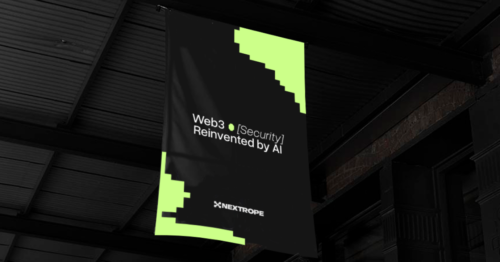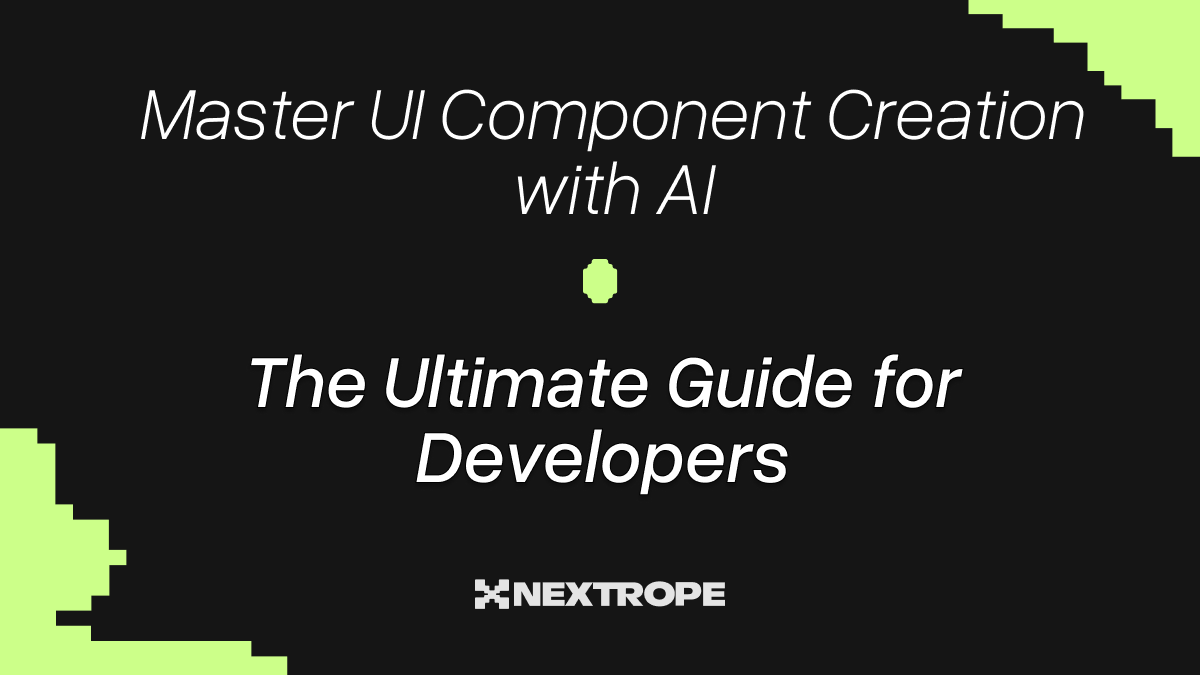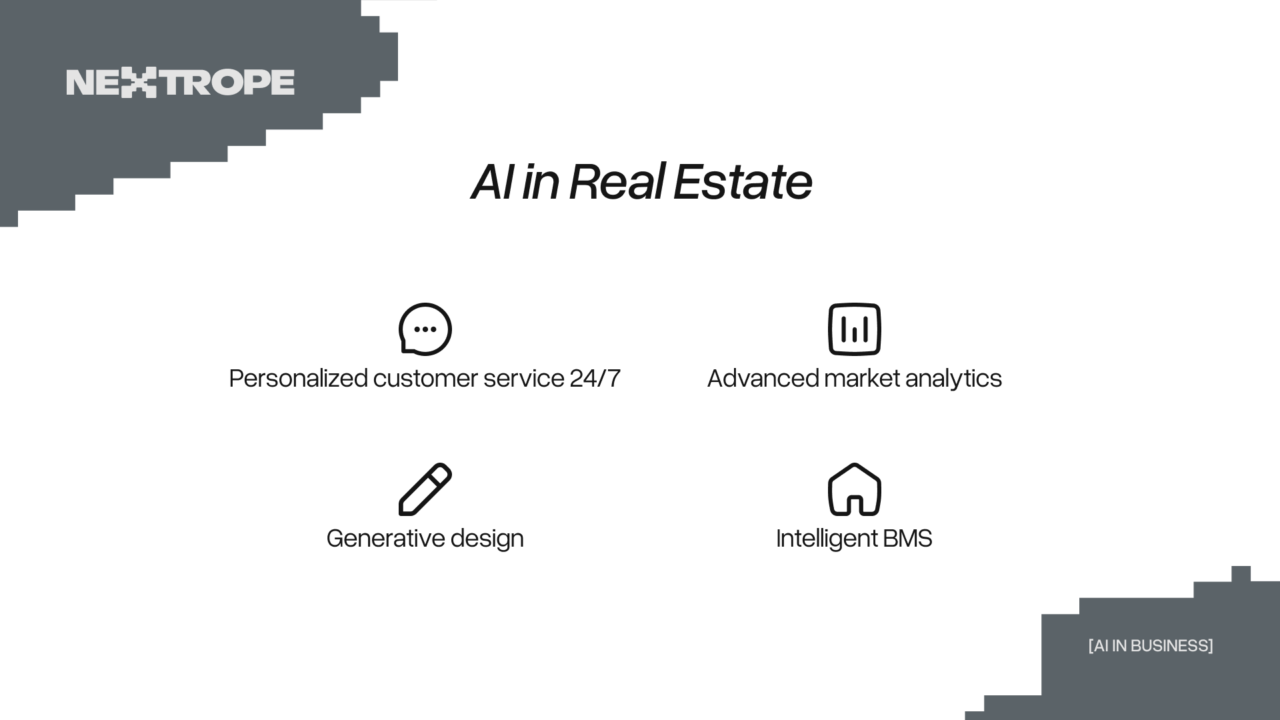
Next Enterprises Sp. z o.o. is implementing a project co-financed by the European Funds, titled "Smart Contract Auditing with Artificial Intelligence". The goal of the project is to develop and deploy an advanced AI model that enables efficient analysis, vulnerability detection, and security auditing of smart contracts, taking into account their complexity and uniqueness.
Planned Project Tasks:
- Development of an AI model trained on Solidity keywords;
- Creation of an effective model in simulated conditions;
- Analysis of the unpredictability of compiled code execution within the Ethereum Virtual Machine (EVM) in the context of the developed model in a controlled environment;
- Validation of the model in real-world conditions.
Target Groups:
- Specialized audit firms focused on smart contract security;
- Companies developing and/or deploying smart contracts on various platforms;
- Exchanges, wallet providers, and decentralized applications (dApps) in the blockchain sector;
- Government agencies or industry compliance bodies responsible for blockchain technology regulation;
- Smart contract security specialists and developers.
The implementation of the developed tool will enable automated and efficient auditing of smart contracts. The model will provide detailed insights and recommendations for optimizing transaction costs and improving contract performance. As a result, users will be able to make informed decisions, enhancing security and operational efficiency within the blockchain ecosystem. Key benefits stem from the model’s training on smart contract code, audit data, and detected vulnerabilities. Additionally, the incorporation of chaos theory principles will allow for more precise risk and anomaly forecasting.
By deploying this advanced AI model, the project will enhance the security, efficiency, and accessibility of blockchain technology for end users. This will translate into tangible social and economic benefits, including:
- Economic Security
- Business and Financial Security
- Increased Public Trust
- Optimization of Transaction Costs
- Support for Innovation and Entrepreneurship
- Education and Public Awareness
Project Value: 4,173,953.24 PLN
European Funds Contribution: 3,090,156.39 PLN
#EUFunds #EuropeanFunds
Challenges in Smart Contract Auditing
Smart contracts have become a fundamental component of blockchain technology, eliminating intermediaries, and automating processes. However, their growing significance also introduces new challenges, particularly in ensuring security and compliance with industry standards.
Traditional smart contract audits rely heavily on manual code reviews, which are expensive, time-consuming, and prone to human error. As cyber threats continue to evolve, the use of advanced technologies to support the auditing process is imperative.
The Role of AI in Data Analysis
Artificial intelligence (AI) introduces a new paradigm in smart contract security assessment by leveraging its capability to process vast amounts of data and identify patterns that may go unnoticed with traditional auditing methods. AI enables:
- Automated code analysis and real-time detection of potential vulnerabilities,
- Optimization of auditing processes by reducing human errors and improving threat identification efficiency,
- Better adaptation to evolving regulatory requirements and emerging threats within the blockchain ecosystem,
- Rapid analysis of large datasets, allowing for quick insights and the detection of non-obvious dependencies in smart contract code.
By utilizing AI, the auditing process becomes more comprehensive, precise, and scalable, enabling continuous risk monitoring and adaptation to new attack vectors.
A New Era of Smart Contract Security with AI
With the support of European Funds under the European Funds for a Modern Economy (FENG) program, we are conducting research on next-generation blockchain auditing methods, reinforcing Nextrope’s position as a leader in innovative technology solutions.
The "Smart Contract Auditing with Artificial Intelligence (AI)" project contributes to key aspects of blockchain security by:
- Automating smart contract audits, accelerating verification processes, and improving their accuracy,
- Optimizing costs, making professional audits more accessible to a broader range of entities,
- Raising security standards and enhancing regulatory compliance,
- Increasing trust in smart contracts, fostering broader technology adoption.
Interested in learning more about our project or discovering how to utilize AI in your company? 📩 Contact us at contact@nextrope.com for further details!
 en
en  pl
pl 












